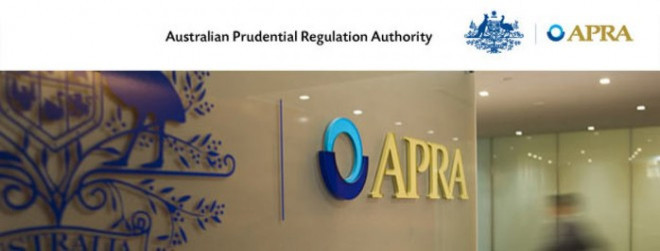Australia regulator announces strict liquidity rules

Australia's financial regulator has ruled certain assets, including quasi-sovereign bonds, cannot be considered a reliable source of liquidity for banks and financial institutions, taking a harder line than many global peers and dealing a setback to local banks.
The Australian Prudential Regulation Authority (APRA) said in a statement on Monday it will accept cash, balances with the Reserve Bank of Australia, as well as government and semi-government securities as liquid assets, known as Level 1 assets.
This is in line with Basel III's new standards announced in December 2010 by the international banking regulator in a move to ensure banks hold enough liquid assets to survive a major crisis.
However, in contrast with the Basel Committee, APRA will not accept sovereign or quasi-sovereign bonds, commonly called supranational bonds, or corporate bonds because they are not deemed liquid enough in Australia, APRA said.
This is a bit of a surprise. APRA is taking a hard line and is continuing its conservatism, said a banking analyst who asked not to be named owing to the sensitivity of commenting on an issue involving a regulator.
APRA is often regarded as a very conservative regulator compared with its global peers.
The rejection of such bonds, which belong to Basel III's Level 2 assets, is a blow to local banks which face a shortage of Australian dollar bonds deemed liquid enough by APRA.
This is partly due to the small size of Australia's bond markets which include a very modest A$303 billion in government securities and around A$433 billion in corporate bonds, according to data from the Reserve Bank of Australia.
The new Basel III rules come into effect in January 2015.
Still, bankers have not lost all hope on the issue and plan to try to get APRA to soften its stance.
Basically, we have four years to make those securities liquid, said a banker who asked not to be named because he was not authorised to speak to the media.
One way, the banker said, to make the securities liquid could be to ensure a consistently narrow spread between the bid and offer prices of the bonds.
© Copyright Thomson Reuters 2024. All rights reserved.




















